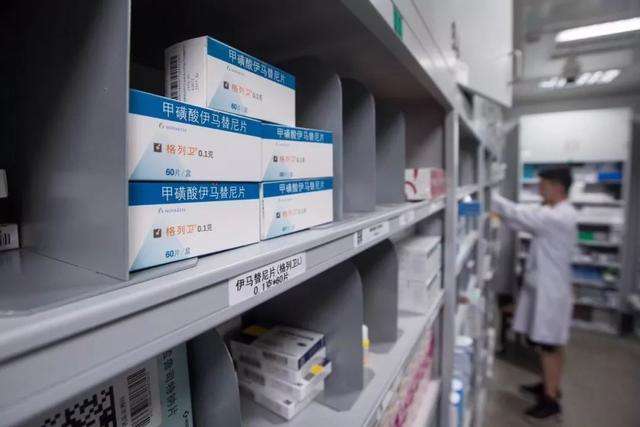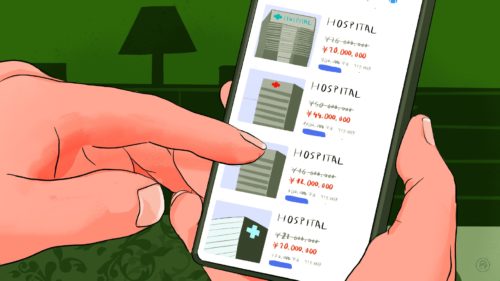Hit movie prompts government response to drug-pricing problems
Hit movie prompts government response to drug-pricing problems


Dying to Survive (我不是药神 wǒ bùshì yào shén), the hit movie that tells a real-life-based story of a Chinese leukemia sufferer smuggling drugs from India and selling them to other impoverished patients, appears to have made a substantial social impact by potentially transforming the pharmaceutical industry in China. According to a news article (in Chinese) published on the central government’s website on Wednesday, Premier Li Keqiang 李克强 has called for more efforts to reduce the cost of cancer drugs, echoing a public outcry triggered by the film about exorbitant drug prices in China.
“Complaints from patients suffering from serious diseases such as cancer, who can’t afford, have no access to, or cannot wait to purchase imported ‘lifesaving’ drugs, highlight the urgency of drug price reduction and stable supply,” Li said in a written instructions to related departments. “Measures determined by the Standing Committee of the State Council must be implemented promptly. We need to solve the problem as soon as possible.”
Li’s instructions are seen as a direct response to the mounting public debate on the issue of drug prices following the movie’s release. A large number of Chinese media organizations have published reporting stories and commentaries explaining the phenomenon and urging a reform in the country’s pharmaceutical industry.
Aware of the public’s attention on this issue, Li said, “We will do our best to save patients and relieve the burden on their families. We are aware that for cancer patients, every minute costs a life.”
Starting in May, China eliminated all import tariffs on cancer drugs and cut value-added tax on the production and import of drugs. In two State Council executive meetings held in April and June, other measures were discussed in an effort to make drugs more affordable for Chinese patients, such as prompt inclusion of imported new drugs in medical insurance, cross-border e-commerce, and government procurement.






